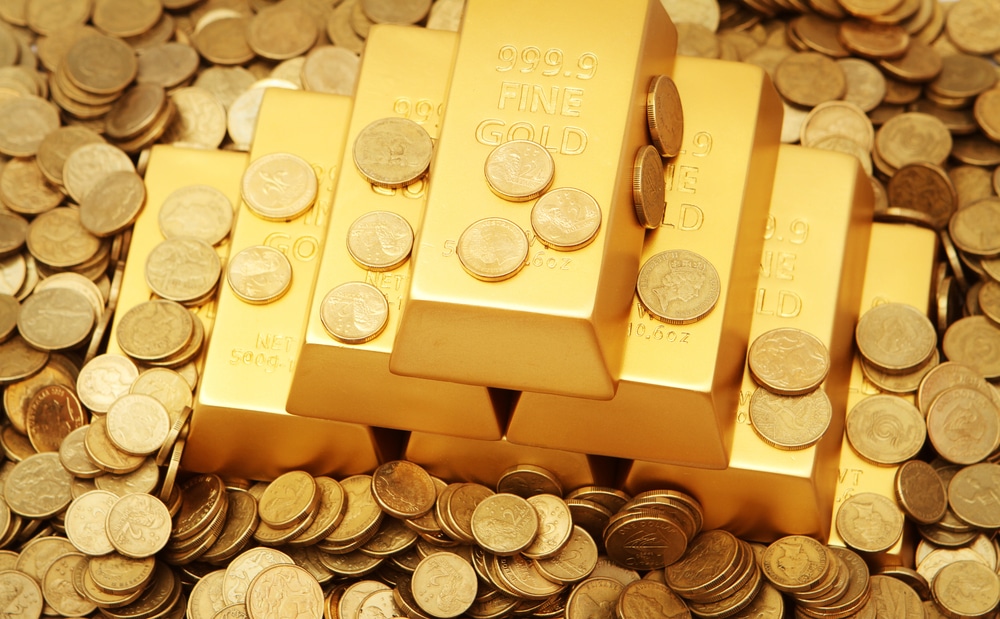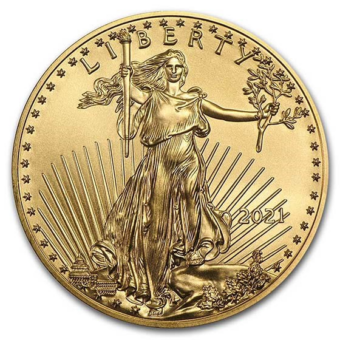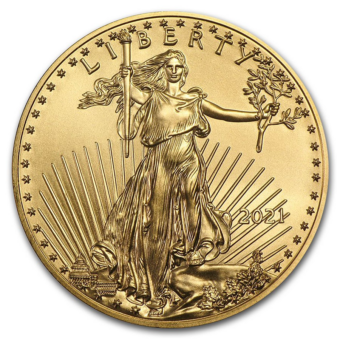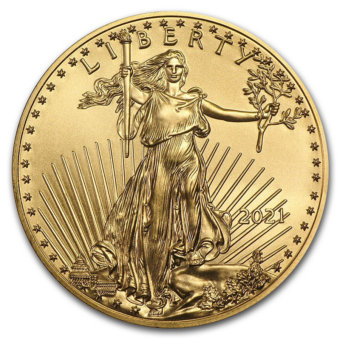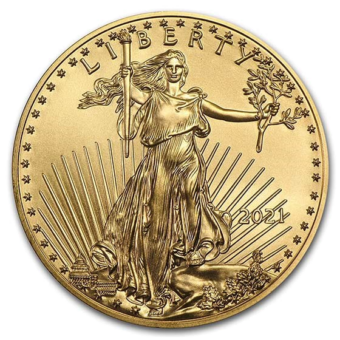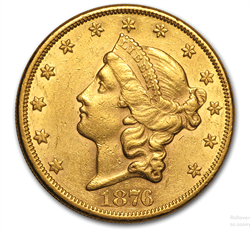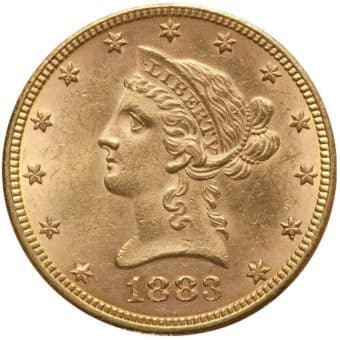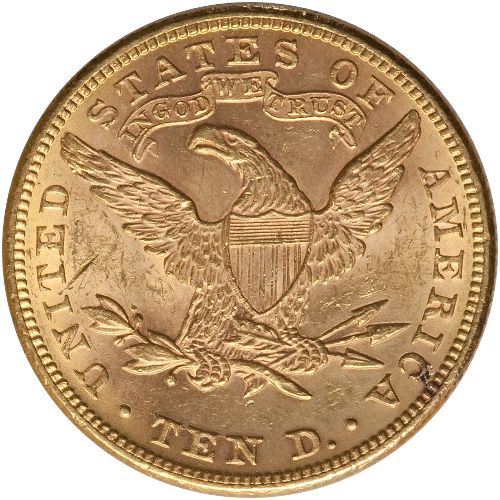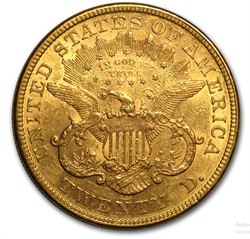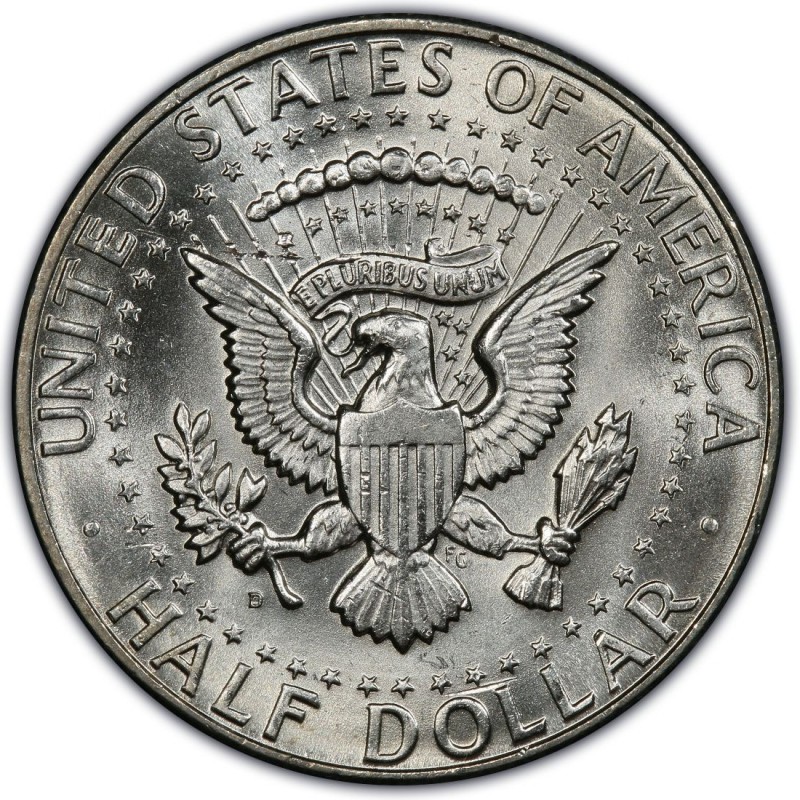Greedflation - It’s Really a Thing
So, this idea that's been floating around called "greedflation" is getting some serious attention these days. It's this theory that companies jacking up their profits could be causing inflation. Even though inflation's starting to cool down a bit, it's still above what the Fed is comfortable with, so it's important to figure out what's causing it.
Before, folks thought of this as some sort of conspiracy theory, but then earlier this year, some big shots started taking it seriously. Like, Lael Brainard from the Fed said it's not about wages, but rather companies increasing prices more than their costs are going up - a kind of "price-price spiral."
Then Paul Donovan, a top economist at UBS, talked about how companies, especially retailers and folks making consumer goods, have been convincing us that they just have to raise their prices because of, well, insert crisis here. Turns out we bought into their story, and so they could get away with charging more.
Even the European Central Bank started to worry about this, and more people are urging us, the consumers, to push back. Some serious media outlets, like Wall Street Journal and The Times of London, have covered this, citing work by this economist, Isabella Weber. She was pretty much a lone voice talking about this stuff in 2021, but now she's getting lots of attention, even calls from bigwigs in finance and politics. So, yeah, people are starting to think differently about what's driving inflation.
Markets Skeptical of Fed's Stance on Interest Rates
This week, folks at the Fed have been hinting that they might pause rate hikes for a while, but they're not planning to cut rates. Here's the kicker though - the financial markets aren't buying it. They're still expecting rates to drop.
Why does this matter? Well, if the Fed wants to put the brakes on the economy, the markets need to believe that they'll keep rates high until inflation cools down to about 2%. If the markets think the Fed will backpedal on interest rate hikes, that belief itself sort of loosens things up, which kind of messes with the Fed's plans.
The CME Group is betting big that the Fed will lower rates by the end of the year. They're even throwing around numbers like a 41% chance that the Fed will cut borrowing costs by half a percentage point, and a 34% chance they'll cut more than that.
Chicago Fed president Austan Goolsbee talked about this whole disconnect between the Fed's plans and what the markets are expecting. He reckons the markets are more pessimistic about the economy's future than the Fed is. Like, they're worried about a possible banking crisis, debt default, or some other disaster forcing rate cuts, even if inflation is still higher than the target.
Goolsbee's worried the markets don't believe the Fed will stick to their guns on taming inflation, and he thinks that's a risky bet. His buddy Raphael Bostic from the Atlanta Fed agrees and thinks the markets are too optimistic about how quickly inflation will chill out.
Despite all this, the S&P 500 is riding high, even after Silicon Valley Bank crashed in March. It's actually gone up about 7% since then.
For now, the Fed is likely to keep a "tightening bias," meaning they'd hike rates before cutting them. This would help keep things tight, which is crucial for the Fed's plan to slow the economy down. But, as I said, the markets aren't totally convinced.
Debt Ceiling Deal: Relief, But Not Necessarily Smooth Sailing for the Economy
Alright, here's the deal: a solution to the debt limit standoff in the US is being sorted, but that doesn't mean everything's gonna be hunky-dory for the economy.
While a deal would definitely help avoid the "financial disaster" that Treasury Secretary Janet Yellen has been warning us about, it's not like we'll suddenly be skipping down Easy Street. If the agreement comes in at the last minute and freaks everybody out, it could still mess things up by making the stock market jittery and pushing up interest rates.
This kind of thing has happened before, in 2011 and 2013, and it's not out of the question that it could tip a fragile economy into recession. Mark Zandi, the bigwig economist at Moody's Analytics, even thinks it's "very possible". He's saying that the economy is already on thin ice and could easily take a tumble. So while a debt limit deal is a step in the right direction, we're not out of the woods yet.
Investors Go Gold: A Safe Haven Amid Economic Uncertainty and Bank Failures
Let's talk about gold, shall we? It seems like investors are falling head over heels for it these days, especially since the global and regional bank failures have sent shockwaves through the financial system. With volatility making a flashy comeback in the stock markets, it's no wonder gold's become the hot ticket item.
Believe it or not, we might even see gold prices rocket well past $2000 an ounce this year, as its popularity keeps gaining steam. Just this year, gold's value jumped by about 10.6%, outpacing both the S&P 500's rise of around 7.9% and the S&P/ASX 200's 4.6% gain.
Why's gold suddenly everyone's favorite? Well, economic uncertainty and financial instability have got folks jittery. They're worried about a potential US recession, more banks going belly up, and rising interest rates that hit the value of bonds, shares, and assets on banks' balance sheets last year.
As if that wasn't enough, inflation's still pretty high in developed economies, and there's talk of a global recession. That's making investors even more nervous, and they're starting to put their money into gold and gold-backed exchange traded products (ETPs) for a bit of security.
Historically, gold's been a safe bet during uncertain times and when government debt levels soar, which is exactly what's happening now. That's why some people think that gold should be a part of every investor's portfolio, acting as a stable store of value when compared to shares or bonds that can be more easily affected by panic selling, inflation, and interest rates.
And it's not just individual investors that are making a beeline for gold - central banks are also getting in on the action. In 2022, they purchased a whopping 1136 tonnes of gold, a 152% increase from 2021 and the highest level of demand on record.
Looking ahead, experts think that central banks will continue to be big buyers of gold in 2023. This, along with purchases by individual and institutional investors, is likely to keep the price of gold on an upward trend.
For those who think buying gold bullion is a bit of a hassle, gold ETPs can be a more convenient option. But like any investment, putting your money into gold does come with its share of risks. And remember, past performance doesn't guarantee future success!
Looking Ahead to Next Week
On Tuesday, May 23, there are two main events. The day starts with the release of the S&P flash U.S. services PMI and the S&P flash U.S. manufacturing PMI at 8:30 am. Then, at 10:00 am, new home sales for April are due.
On Wednesday, May 24, the main event is at 2:00 pm with the release of the minutes from the Federal Reserve's May FOMC meeting.
The schedule is busier on Thursday, May 25. At 8:30 am, the first revision of the Q1 GDP is released along with corporate profits for Q1, initial jobless claims for the week ending May 20, and continuing jobless claims for the week ending May 13. At 10:00 am, we'll see the pending home sales for April.
Finally, on Friday, May 26, a series of reports will be published at 8:30 am. These include durable goods orders for April, durable goods minus transportation for April, personal income (nominal) and personal spending (nominal) for April, the PCE index and core PCE index for April, and PCE (year-over-year) and core PCE (year-over-year) for April. This block also includes the advanced U.S. trade balance in goods for April, as well as advanced retail inventories and advanced wholesale inventories for April. At 10:00 am, the final consumer sentiment for May is due.


